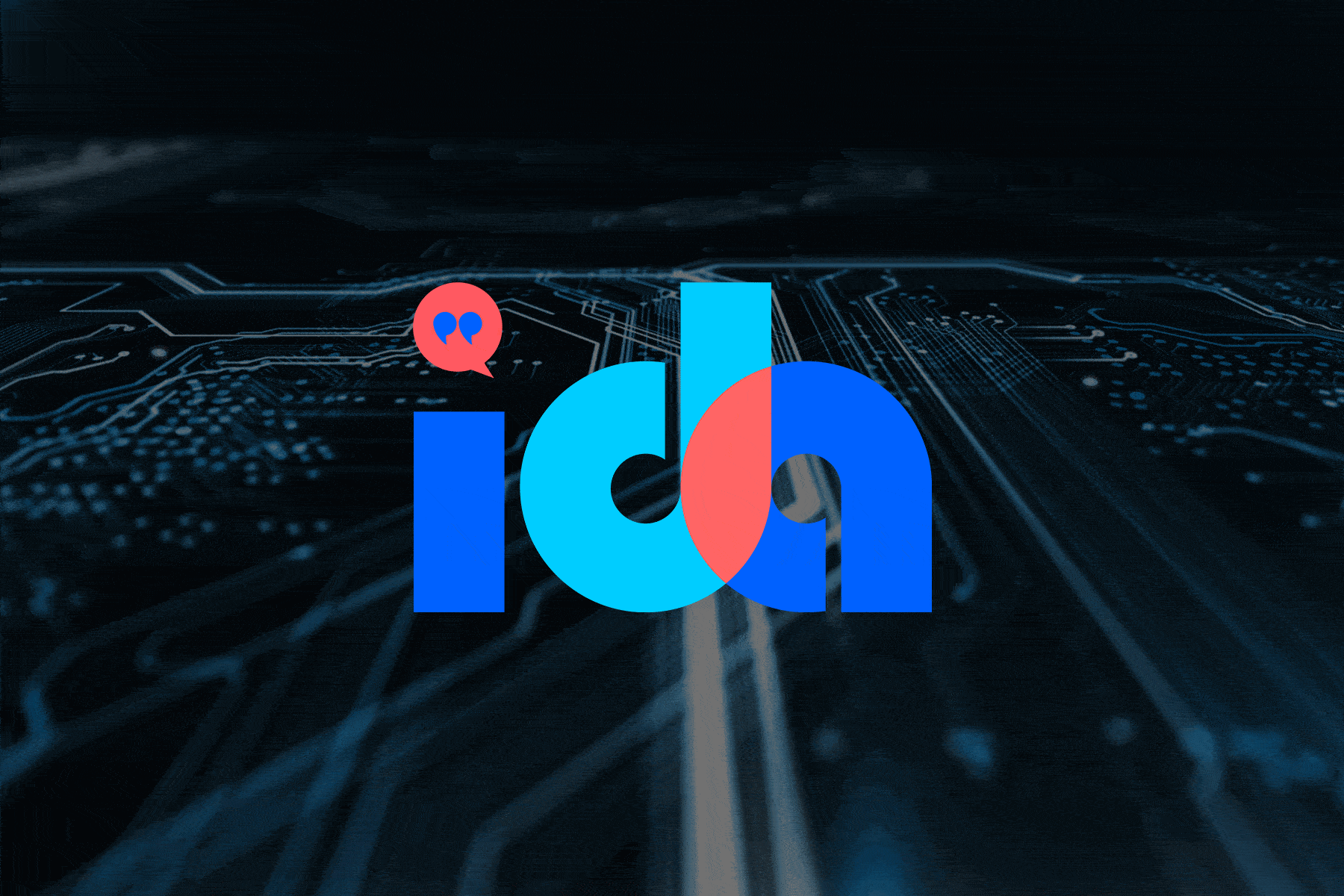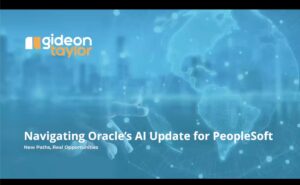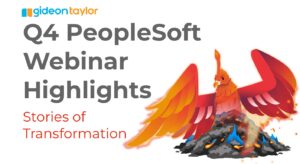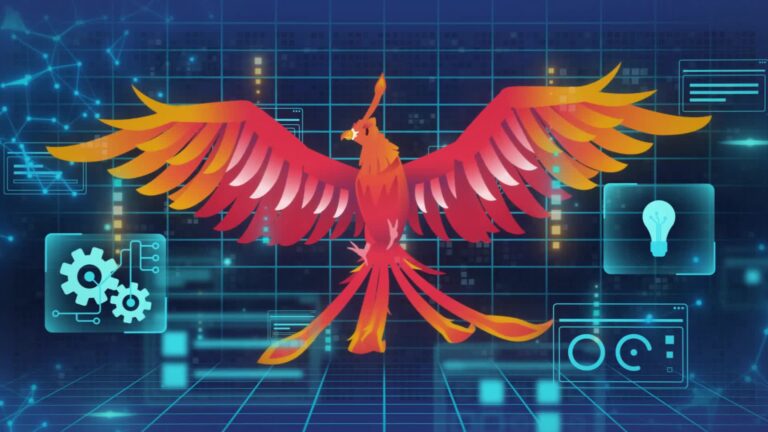Have you ever lost a coworker who was the sole possessor of essential knowledge?
Painful, isn’t it?
It can give you the same, sinking feeling as losing your term paper when the computer unexpectedly shuts down (before auto-save existed).
Ouch.
We know the advantages to making sure that our knowledge is recorded. Current, thorough documentation
- Reminds us of things that we haven’t seen for a while
- Makes training easier
- Enables effective communication
So why don’t we do it more? Because it takes time, and time is money. It helps to remember that lost efficiency due to lost knowledge is also a waste of time and money.
As with so many things in business, it becomes a trade-off: speed and efficiency vs. maintainability.
It’s not simply a question of either / or, but of where we are on the continuum. If we were to document 100% of what we do, we don’t have enough time left to get anything done. On the other hand, if we don’t document anything, we would forget essential details of that business process that we only use once per year.
1. Invest time into documentation while the knowledge is still fresh.
When you’re in full, fire-fighting mode, it may not be the best time to document your process, but when the fire’s out, resist the temptation to move immediately to the next task. Take some time to record the essential knowledge, and then move on. The details will still be available, and the feeling of urgency will not yet have completely dissipated. To avoid losing the term paper for the second time when it could have been prevented, remember the painful times and let that motivate you to document things to the level that they deserve.
2. Document for someone unfamiliar with the details.
Record and share knowledge at a level that someone unfamiliar with a process can pick up where you left off. Assume a certain level of proficiency, but not of familiarity with the details that went into the process decisions.
The worst place to store details long-term is in someone’s head. Heads leak gradually as time progresses. After a few weeks or months you could be the person unfamiliar with the process that needs to know it. Your documentation can serve you in the long run at least as much as it serves anyone else.
3. Remember that collective knowledge empowers everyone.
But isn’t there power and job security in being the sole custodian of some information? If you record things and share them so that others benefit from your experience and knowledge, aren’t you making yourself expendable?
It’s impossible to record everything that makes you valuable as an employer or employee. Good documentation and knowledge sharing augment the personal relationships that you have cultivated, making you more, not less valuable. Your dependability and propensity toward supporting and building others are virtues, not possessions that can be taken from and used against you.
If you work in a company where knowledge is coveted and hoarded, then the environment is likely a hostile one where you shouldn’t feel secure anyway. Healthy companies invest in employee growth. Valuable coworkers share and build one another. Job security comes to those who share freely and feel valued, not through creating unhealthy codependency.
And what happens when you need some time off? If you’ve intentionally made others dependent upon the knowledge stored completely in your head, then that dependency may accompany you always. In other words, expect to carry your phone while you’re at the beach.
4. Use the most appropriate knowledge-sharing tools.
Which tools are best for sharing your knowledge? There are many good ones. Just make sure that
- They are accessible. Online collaborative tools are great … unless people don’t have access to or proficiency with the internet. Limited access means limited sharing.
- They are well-organized. This is an extension of keeping things accessible. Knowledge isn’t accessible if you can’t find it.
- People are comfortable using them. Seek for recommendations from those who will be using the tools, then make sure that everyone is trained on them. Address concerns. If people are uncomfortable with or don’t like the tools then they won’t use them and won’t share their knowledge. When everyone owns the process, then everyone contributes to maintaining it.
Happy knowledge sharing!






